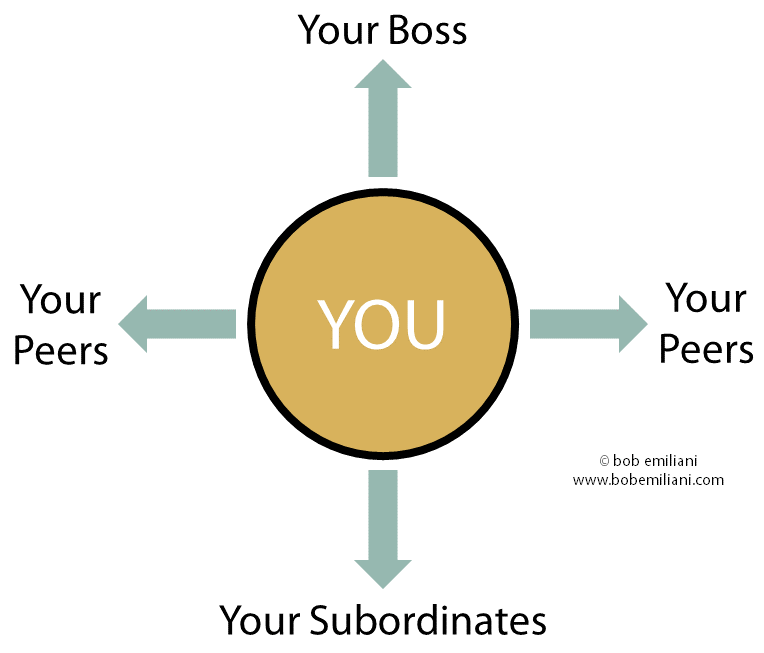My friend Trish Wilson recently invited me to participate in a podcast hosted by Ed Brenegar. We talked a lot about artificial intelligence and the future of work. Subsequent to the podcast Trish send this New York Times article to Ed and I: “When Your Technical Skills Are Eclipsed, Your Humanity Will Matter More Than Ever.” The article states that the knowledge economy is giving way to a “relational economy” where “people skills” become more important in a world dominated by artificial intelligence. The authors say:
…people skills that we have long undervalued as soft, will very likely remain the most durable… Today the knowledge economy is giving way to a relationship economy, in which people skills and social abilities are going to become even more core to success than ever before.
And they quote Minouche Shafik, president of Columbia University, as saying:
In the past, jobs were about muscles. Now they’re about brains, but in the future, they’ll be about the heart.
Would you be surprised that I am skeptical of such claims? Here’s why…
The recent assertion among techno-optimists is that AI will free people up to do other important things, such as spend more time with customers. But few people in a company interact with external customers. The vast majority of employees interact with internal customers. Anyone familiar with the introduction of new machinery knows that while people may be freed up to do other things, it is not long before top leaders decide that improved productivity warrants reducing headcount — even if the business is growing and could make use of surplus labor, especially those who interact with external customers (those conscientious, people-skilled people tend to bring too much negative customer feedback into the company). It would be far out of character for top leaders to do differently in the future what they have done in the past.
The newest assertion among techno-optimists is that AI will soon eclipse people’s technical skills, so what will be important in the future is people skills. But what are people skills? What does “people skills” mean? Let’s make four assumptions — 1) AI means that every company will need fewer workers, 2) organizations will remain hierarchical, 3) companies are for-profit and will face competition and thus marketplace pressure to perform, and 4) a surplus of labor makes job switching difficult — and then look at what people skills means from multiple directions with an eye fixed on reality.

Let’s say you are a manager. What do your people skills look like? Looking at the image at right, your people skills for your boss will probably manifest itself as being nice to your boss and complying with their directions. Your people skills for your peers will probably manifest itself as being cordial and helpful to them because you never know if one of them will someday be your boss. Your people skills for your subordinates will probably manifest itself as being similar to how your boss treats you — quite well, if the work goes according to plan. But things rarely go according to plan, and so you will probably do to your subordinates what your boss does to you: apply subtle or direct pressure to get them to do better, as opposed to being empathetic, understand the problem, and collaboratively determine causes and practical solutions (the latter being good people skills). And if you want to get promoted, you will typically behave as the boss behaves and do what the boss asks you to do.
How does AI change this long-lived, common dynamic of human interaction and people skills? It seems to me that if AI does the technical thinking for you, and perhaps soon the creative thinking as well, the role of humans in the workplace becomes more one of compliance — more than it already is — with “people skills” being a new euphemism for compliance. The only difference is that AI will supercharge the requirement for compliance, in part due to AI-enabled surveillance. Over the decades, I have found compliant people tend to have excellent people skills — collaboration, communication, teamwork, respectfulness, etc. Lean-world, for example, is loaded with compliant people who have excellent people skills.
Such a workplace will be wonderful for those who like to conform or who can easily adjust to becoming compliant. But it will likely be horrible for divergent, heterodox, and creative thinkers — except in the small pockets of the company that require critical thinking for business reasons such as new product development or marketing — but which AI may end up doing anyway. Where will the divergent, heterodox, and creative thinkers go, and what will they do? Over the decades, I have found these people to have comparatively poor people skills — but they have better insights and more to offer. These people could be sent adrift in a society that requires employment for income and thus survival. It will be interesting to see how and where they deploy their creativity.
